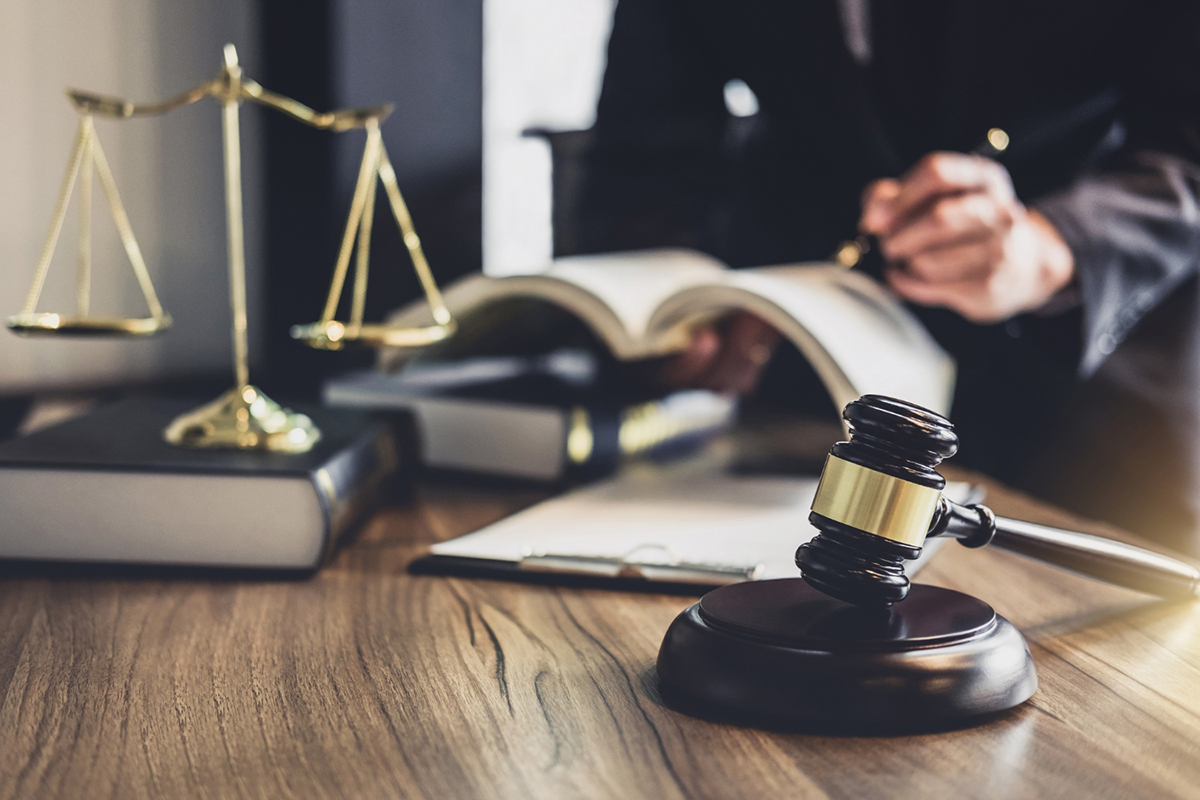


One of the most important stages in the criminal justice system is bail hearing or bail hearing appeals. Bail is a payment, an assurance given to the court by the accused that they will attend all their court dates. The amount of bail is set by a judge and is determined by several factors. Some of these factors may include the severity of the crime, their risk of flight, and their past criminal record. In this blog post, we’ll delve deeper into the criteria that judges use to determine the amount of bail.
The first factor that judges consider when setting bail is the severity of the crime. Serious and violent offenses usually attract a higher bail amount, while non-violent crimes typically receive a lower amount. Judges will take into consideration the potential risk to society posed by an accused individual. The level of harm caused to the victim, the community or the state by the crime committed may also be taken into account.
The second factor that judges consider when determining the amount of bail is the risk of flight. It is the likelihood that the accused person will flee, often to avoid prosecution. If the accused is deemed a flight risk, the judge may impose a high bail amount or deny bail altogether. Factors such as ties to community, employment status, and previous instances of compliance with court orders will be considered when determining flight risk.
Another factor that judges use to determine the amount of bail is the accused person's past criminal record. Individuals convicted of past crimes, especially if the offenses were similar in nature to the present case, typically receive a higher bail amount. Habitual offenders may, in some instances, be denied bail altogether.
Another criterion that judges look at is the accused person's available resources. If the accused has demonstrated that they have a significant amount of assets or has access to resources that could help them skip town or avoid prosecution, the judge may impose a high bail amount to ensure that the accused is incentivized to attend all their court dates.
Finally, judges may consider the accused person's ties to the community. Factors such as how long the individual has lived in the community, whether they have strong family ties in the area, or whether they are employed locally may all be relevant. Strong ties to the community may lower the bail amount as it is likely that the accused will still have a vested interest in remaining in the area to work and maintain his or her relationships.
Bail is an essential part of the criminal justice system. While the laws governing bail can vary from one state to another, there are certain criteria that judges consider when setting the bail amount for an accused person. When you or your loved one finds themselves in need of bail assistance, it is important to consult with trusted bail bond agents who have comprehensive knowledge of the legal system. Arrest and detention are both indeed stressful. At Mike Snapp's Bail Bonds, we understand the situation you're facing and are ready to help you right away. If you're looking for bail bonds in orlando, we're here to provide you with compassionate and professional service. Contact Mike Snapp's bail bondsmen to learn more about how we can help you today.